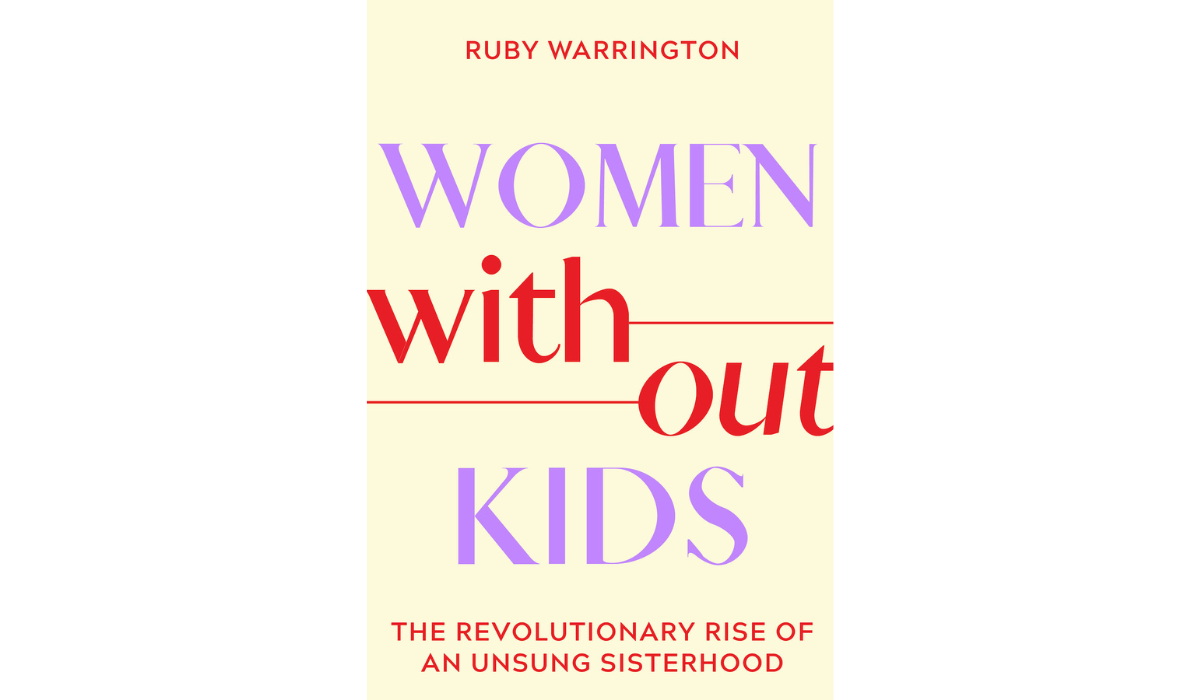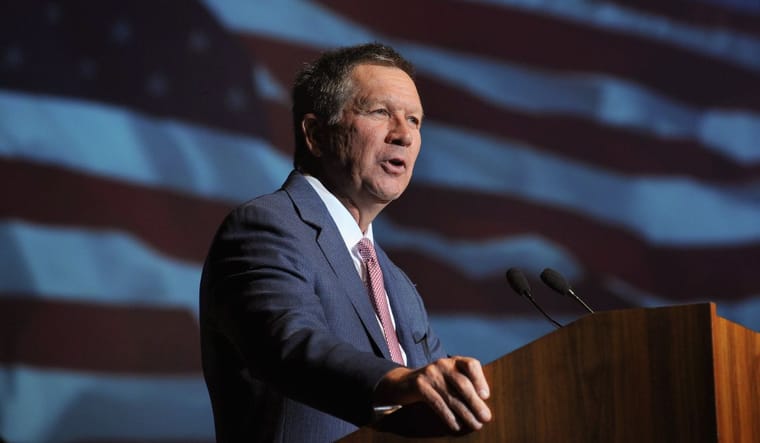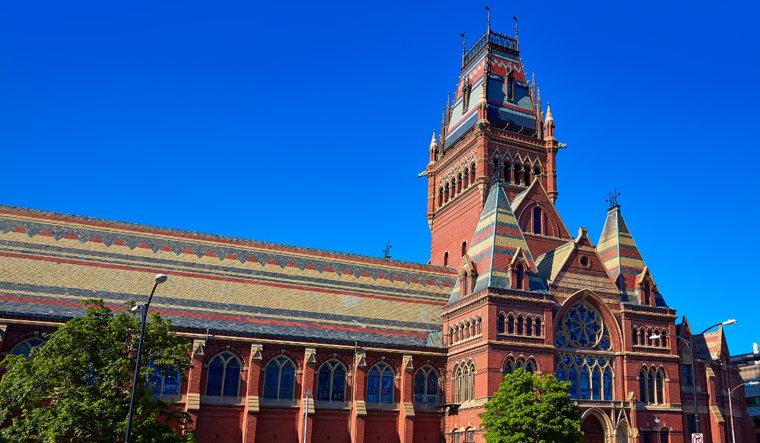Fewer People Are Having Kids These Days. Author Ruby Warrington Explores Why—and What It Means for All of Us
"I had always felt like I was the only one who didn't want to be a mom. But as I got deeper into my research, it became clear that I was no longer the anomaly."
These words by author Ruby Warrington in her new book Women Without Kids: The Revolutionary Rise of an Unsung Sisterhood hit a critical chord. We're amid an unprecedented birthrate slowdown: Governmental data shows American women are having fewer children, with an increase in women having none at all. (Statistics also show a decline in men becoming fathers.) These facts then beg the questions: Why the shifting tide? And how does society view those of us who don't have children?
Warrington, an insightful journalist, explores all of this. She merges her journey of living child-free by choice with the perspectives of other women without kids, underscoring these personal excavations with deep historical research. The result is a book that compassionately and urgently pushes against the old-fashioned idea that women—and people—without children are sad, selfish, or weird and awakens a modern rethinking: What if women—and all people—without kids are, as Warrington writes, "representative of a rapidly evolving legacy"?
The Sunday Paper recently called Warrington to dig deeper. As she tells us, she’s “feeling inspired to shine a light on how integral this subject is to the future thriving of society.”
A CONVERSATION WITH RUBY WARRINGTON
In your book you encourage a modern view of motherhood and non-motherhood. Why is this such a critical conversation?
I recently returned from leading an in-person 'living without kids' retreat, which was amazing. It's making me think about one woman there, a teacher who does not have kids. She said, 'I'm so angry that I am the person who was treated as if I'm a failure. In my classroom, every day, I see that our societal problems start with bad parenting, unconscious parenting, and people being brought into the world by people who haven't considered parenthood or are doing it because it's what you do.' Her comment was one small takeaway from a weekend full of so much insight.
In terms of the deeper themes of this subject, for parenthood to be a conscious choice and to be entered into when somebody knows they are fully ready to take on the responsibilities of being a parent can only be a good thing for our communities. Yet, we're still backward in our thinking around that. The people who choose not to become parents are seen as selfish, defective, misguided, or not doing their duty. So there's so much still to unpack.
I'm so inspired after coming off that retreat to have more in-person meetups and workshops, and to think about how I can invite people into this conversation who have real influence in terms of policy that supports mothers, non-mothers, children, and mental health.
Many have viewed not having children as binary—that one does or does not want kids. But you illuminate the reality that it's not that simple. How does this binary thinking hurt us?
We're being asked to address where we, as a society, have held binary ideas and binary thinking across many different areas—and this is one of them. I talk about the 'Mommy Binary': the false divide that exists between mothers and non-mothers. It says that mothers are natural, valid, going to be fulfilled by their decision to become mothers, are going to find themselves in their mothering, and will have somebody to look after them when they're old. Then the non-mothers get the short end of the stick and are seen at best as deserving of our sympathy if they couldn't have children, or at worst as selfish, deviant, defective, deluded, and destined to regret it. Within the non-mother camp, you have another binary: the child-less people, those who are unable to have children, and the child-free, those who made a conscious decision not to have children. Within that binary, child-free people tend to come out painted with the least flattering brush.
But when you drill down to the individual level and speak to people about their reproductive identity and feelings about parenthood, you will find incredibly nuanced and varied experiences across what I call 'The Motherhood Spectrum.' This is a concept I came up with to do away with those binaries and to acknowledge any person, regardless of gender and biological sex, will have a desire or an experience of parenthood that is influenced by a multiple multitude of factors—from cultural background to health to finances to relationship status to life desires—that may shift throughout life. I see this as a kinder, more compassionate, and more humane way of thinking about experiences of parenthood and non-parenthood. I invite readers to reflect on all the different factors that influence where they orient on the Motherhood Spectrum and to reflect on times in their life when that might have shifted as their circumstances have shifted too.
You write, "for so long, motherhood has been synonymous with womanhood," and that the lives of those without kids are seen as "incomplete." What's behind this, and how do we shift it?
When a person doesn't become a parent—and I'm using 'person' as this applies to men, too—there is something that we haven't done. There is a life box that has gone unchecked. There is an opportunity or an experience that has not been embarked upon. But that doesn't mean that one's life will feel incomplete. As a result, when we think about having it all, it's possible to have too much on one's plate to enjoy all of the other things that one might have invited into their life or had thrust upon them. We have to talk about how what makes a life meaningful is equally incredibly individualistic. It's based on all sorts of things, from our basic personality to the things that we feel we're good at to the things we enjoy. We need to talk about being able to make a realistic assessment of all of that while accepting that for all of us, time is a limited resource, and for the majority of us, finance and energy are also limited. It's about acknowledging that this notion of having it all must mean we should keep checking every single life box, where actually having enough is a much more realistic and potentially genuinely fulfilling approach.
It seems like there's an evolution of this concept that many people are discussing in different ways. And, having a child, given the all-consuming, lifelong nature of this vocation, is one of the biggest things to consider when thinking about what will be enough in this life.
Now that the book is out in the world, what has surprised you about people's responses?
One thing that has surprised me is that many people are saying, 'Everybody needs to read this book. This is not just a book for women without kids. It is a book for non-mothers, for mothers, and for men.'
I wasn't sure if I was going to be able to speak to the separate camps within the non-motherhood end of the spectrum—the child-less than the child-free. And my publisher wanted me to speak to the mothers who are maybe discontented in their mothering or questioning it. I thought that's a big ask to speak to all the different experiences! But what I'm hearing is that by focusing on the net result of how it feels to be women without kids, and even the circumstances, including the historical circumstances that have led to the pervading attitudes towards women without children, I have written a book that is relevant to anybody and everybody.
I hope that however people identify they will be inspired to read it —because I do think there's something in this book for everybody.

Ruby Warrington is an author, editor, journalist, podcast host, and book doula. She’s the creator of the term ‘Sober Curious,’ which she explored in her 2018 book of the same name.. Her newest book is Women Without Kids. Learn more at www.rubywarrington.com.
Please note that we may receive affiliate commissions from the sales of linked products.



